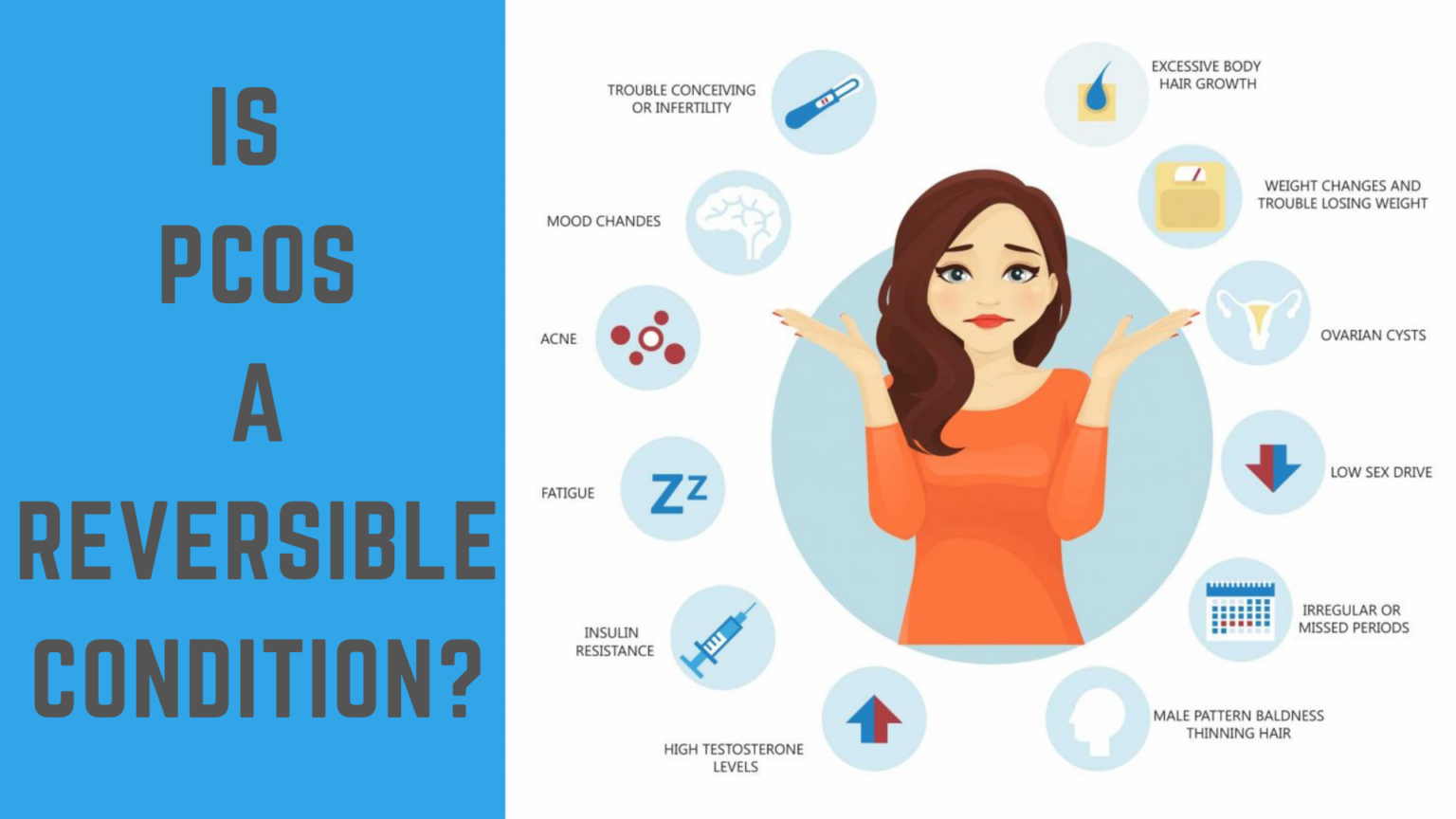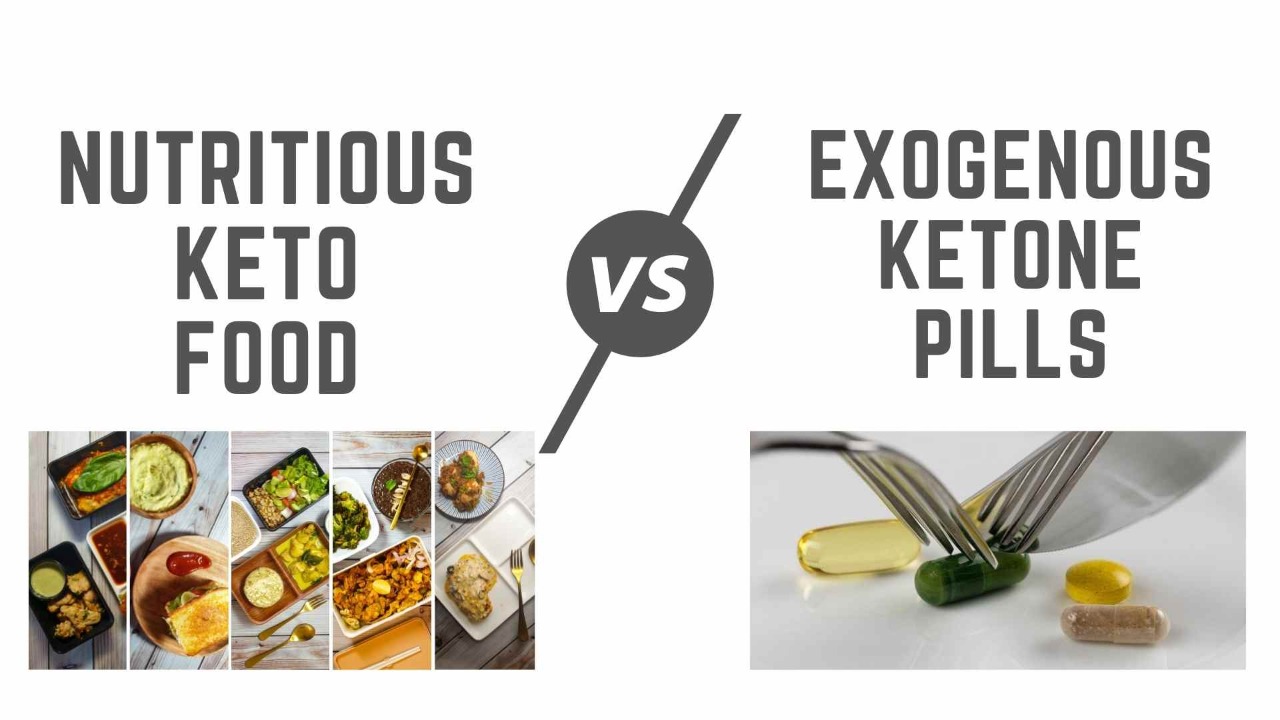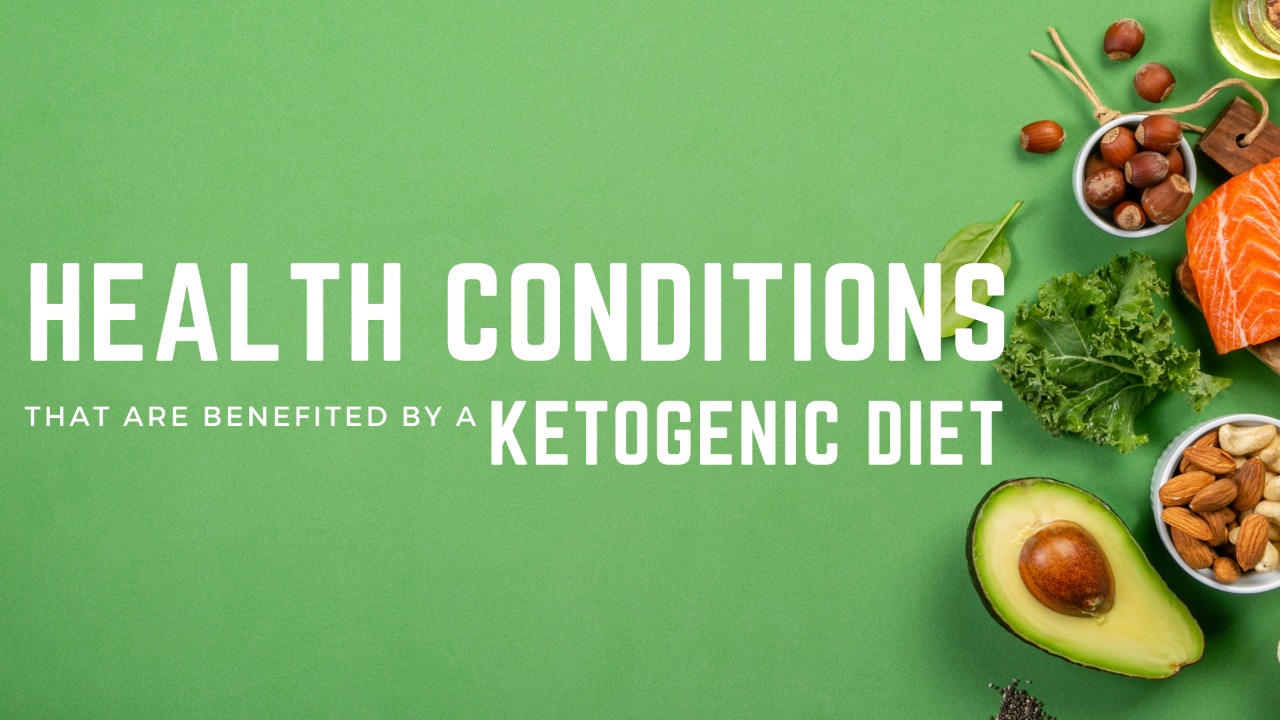
How can Keto diet help cure PCOS ?
Posted on July 15, 2021
Having polycystic ovary syndrome (PCOS) can affect a lot of different areas of your life. Among other things, PCOS can impact your weight, and a lot of questions come up about the best way to manage PCOS weight gain via your diet. One frequently searched query? Whether the keto diet is a good eating method to help manage PCOS weight gain and other symptoms.
So what is PCOS? It’s a reproductive disorder that affects about 10 percent of all women. The symptoms are upsetting: infrequent or absent menstrual periods, infertility, weight gain, acne, facial hair growth such as mustaches and sideburns, sometimes even losing scalp hair. Blood tests almost always show insulin resistance and higher male hormones. Often the ovaries are found on ultrasound to be dotted with cysts.
Women with PCOS are typically treated with a cocktail of drugs: birth control pills, medications to stop male hair growth, the diabetes drug metformin to lower blood sugar, sometimes medications for depression and anxiety. Then, if they want to get pregnant, fertility drugs are usually given to try to stimulate ovulation. At least 50 per cent of the time the fertility drugs don’t work and other techniques, such as in vitro fertilization are tried.
The meta-analysis studies show that, Cutting carbohydrates to less than 20 total grams and boosting fat to 75 percent of the diet rapidly restores periods, increases fertility, and greatly improves distressing symptoms like acne and weight gain.
Here are some of the benefits that one could draw following a keto diet to combat PCOS/PCOD.
- Insulin resistance and glucose intolerance are improved: Despite its name, cystic ovaries are not found in all women. But almost all women with the condition – whether thin or obese – show greater insulin resistance and impaired glucose tolerance than women without the condition, It is insulin that really drives the whole process and insulin release is caused by carbohydrates.Numerous studies are now showing adopting the low-carb ketogenic diet improves insulin sensitivity and glucose intolerance among those with PCOS.
- Weight loss : Losing weight on a keto diet becomes easier and is one of the many reasons that women start a keto diet. You see, if your body is well adapted to burning fat for energy, it can then more readily use your own fat stores for energy instead of all the glucose it would normally use
- Reduced cravings : Cravings are often caused by disordered insulin. As you have carbs, your insulin levels shoot up, only to drop rapidly, causing your body to crave more sweet things and carbs. As soon as you satisfy that craving, your insulin levels shoot up again, starting the cycle all over again.A ketogenic diet helps to stabilise those insulin levels and can really help to manage those cravings.
- Improved hormone profile: One study conducted with women with PCOS who followed a keto diet for 6 months found significantly reduced testosterone, fasting insulin and improved LH/ FSH ratio. The women also lost about 12% of their body weight over the 6 months.
- Improved cardiovascular health:Research shows that a keto diet is also good for the heart, that it helps to lower cholesterol and boost levels of high density lipoprotein (the good cholesterol). This promotes heart health. Bear in mind that women with PCOS are at risk of cardiovascular disease.
- Reduces Acne : A ketogenic diet also seems to help with acne. High levels of insulin tend to lower the levels of IGF-1 binding protein in the body. Women with PCOS tend to have lower levels of IGF-1 BP already and this leaves higher levels of IGF-1 in the body, causing your acne to get worse.If we can lower insulin levels, we’ll boost IGF-1 binding protein which will lower IGF-1 levels and improve acne.
- Improved pregnancies and reduced risks of health problems after menopause with a ketogenic diet: Most of the focus on women with PCOS is in the adolescent and early adult years when infertility, acne and weight gain are the prominent features. But women with PCOS who get pregnant have much higher rates of complications during pregnancy including gestational diabetes (a disorder of carbohydrate intolerance), pre-eclampsia (high blood pressure during pregnancy) and bigger babies over 9 lbs (which are a risk for Caesarean deliveries and an independent risk for future diabetes.)Moreover, women in menopause, who had PCOS, have higher rates of cardiovascular disease, high blood pressure, and type 2 diabetes,Researchers say that the entire profile of PCOS suggests limiting carbohydrates and adopting a low-carb ketogenic diet may help with all these related problems, no matter what the age and stage of PCOS in affected women.
At Mama keto, the diet plan is well customised to 70% fat, 25% protein and 5% carbs, and we noticed that women with PCOS/PCOD following a keto diet for consecutive 3 months have seen noticeable difference in maintaining the regular menstrual cycles, less hair fall and acne issues along with sustainable weight loss. Following a keto diet under right supervision along with the minimum physical activity improves overall health and well being on a long run.

